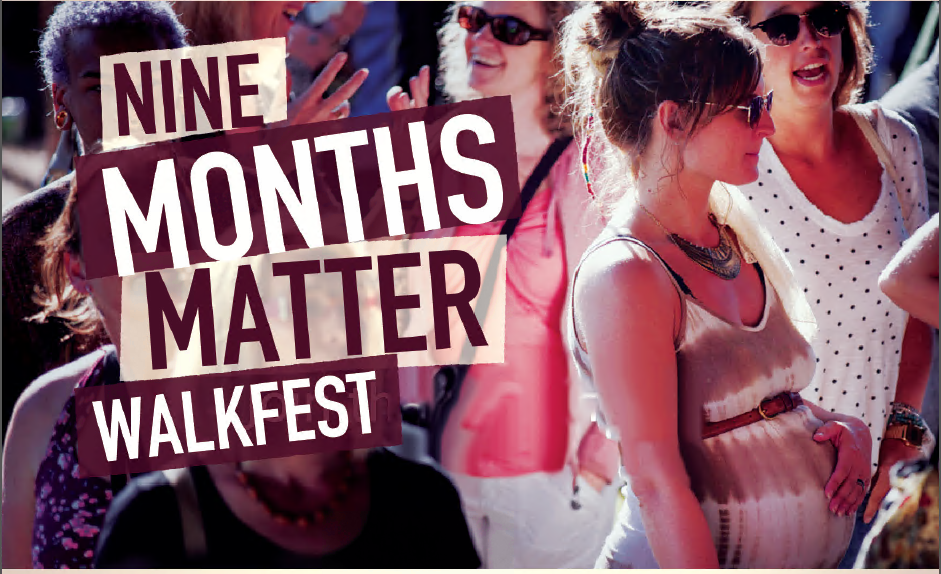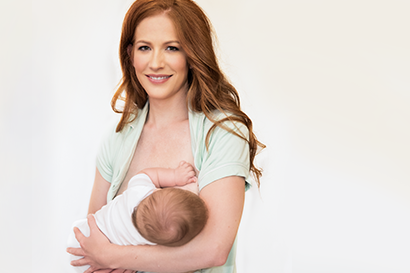The Division of Environmental Science & Health (previously known as Dysmorphology and Teratology) and the Center for Better Beginnings are dedicated to better understanding the etiology and developmental pathogenesis of birth defects and providing specialized care to those affected by them. Led by world-class researchers in the field, the division brings together multiple maternal and infant health programs that focus on the identification, prevention and treatment of birth defects. Learn more about our programs including the Institute for Fetal Alcohol Spectrum Disorders Discovery (IFASDD), Mommy's Milk: Human Research Biorepository, MotherToBaby California and MotherToBaby Pregnancy Studies by visiting our Center for Better Beginnings website.
News
New Public-Friendly Name & Website for the Division of Dysmorphology & Teratology

We are pleased to announce the Division of Dysmorphology and Teratology's new public-facing brand, the Center for Better Beginnings! This branding campaign is part of our deliberate strategy to increase the visibility of our programs and services in a manner that is friendly to both the lay public as well as potential collaborators and trainees. We welcome you to visit and explore our newly launched Center for Better Beginnings website!
Join us for Nine Months Matter: Walkfest for Healthy, Alcohol-Free Pregnancies on September 23rd, 2017!

UC San Diego’s Center for Better Beginnings, Rady Children’s Hospital Auxiliary and SoCal NOFAS are hosting a FREE community event and walk to promote healthy, alcohol-free pregnancies. The 2nd annual event will feature opening remarks from UC San Diego’s world renowned Dr. Ken Jones, healthy pregnancy information booths, fun activities, prizes, and a “Mocktails for Moms-to-Be” contest at participating restaurant, Soda & Swine. Join the movement…all nine months of pregnancy matter!
Facebook:
https: //www.facebook.com/ninemonthsmatter
Date and Time: Sep 23, 2017 at 10am
Location: North Promenade at Liberty Station 2875 Dewey Rd. San Diego, CA 92106.
Event Fee: FREE including parking
UCSD Center for Better Beginnings and Rady Children's Hospital Establish Research-only Breast Milk Biorepository

UC San Diego's
Center for Better Beginnings, UC San Diego's Clinical and Translational Research Institute (CTRI), and Rady Children's Hospital-San Diego have co-created the first research-only breast milk biorepository in the region, Mommy's Milk: Human Milk Research Biorepository.
Established to support a wide range of research interests in maternal and infant health, the biorepository will include disease-specific and normal breast milk samples. Housed in -80 degree freezers, these research samples will be accessible at various locations, including CTRI's Translational Research Technology (TRT) location at the UC San Diego Medical Center at Hillcrest campus and Rady Children's.
"Human breast milk is a unique source of nutrition and we are coming to understand how incredibly beneficial it is," said Christina Chambers, PhD, MPH..Chambers, co-Director of UC San Diego's Center for Better Beginnings, Associate Director of the CTRI, and Director of Clinical Research at Rady Children's Hospital, and David Boyle, co-director of CTRI's TRT Division, are collaborating on the breast milk biorepository, which opened in 2014..The biorepository will be available for researchers to study the biochemical properties of breast milk and the presence of pharmaceuticals, environmental exposures, and more in breast milk. "Does a particular agent cross in an appreciable amount? For instance, does a particular pain reliever given to a mother during or after birth get into her breast milk and might it sedate the baby?" Chambers asked.
"The collection will contain two basic samples types: one will be collected under optimized conditions from healthy mothers getting well-baby checks; the second will be targeted from mothers with particular exposures," Boyle said. "Our goal is provide a matrix of sample types and be responsive to community needs and interests." The whole process – filling out forms and expressing milk with an electric pump – would take about 30 minutes.
Boyle said the biorepository will grow its collection based on research needs. "We're interested in identifying potential users of the repository and their particular scientific questions of interest," he said. Research using the biorepository is expected to extend across several UC San Diego departments, including Skaggs School of Pharmacy and Pharmaceutical Sciences, Pediatrics, and the Scripps Institution of Oceanography, as well as regionally with partners such as San Diego State University. "It's a unique effort that will serve an important research function in understanding infant nutrition, the microbiome, medications and environmental contaminants that pass into breast milk and how this all works to benefit – or not – the health of the infant," Chambers said.
Requests for collections and access may be made through the
CTRI Service Request Form. For women who wish to donate breast milk, please fill out an
application or contact Kerri Bertrand at kdutcher@ucsd.edu.
Learn more about
Mommy's Milk: Human Milk Research Biorepository.
This news post was edited from an original article written By Patti Wieser (July 28, 2014)